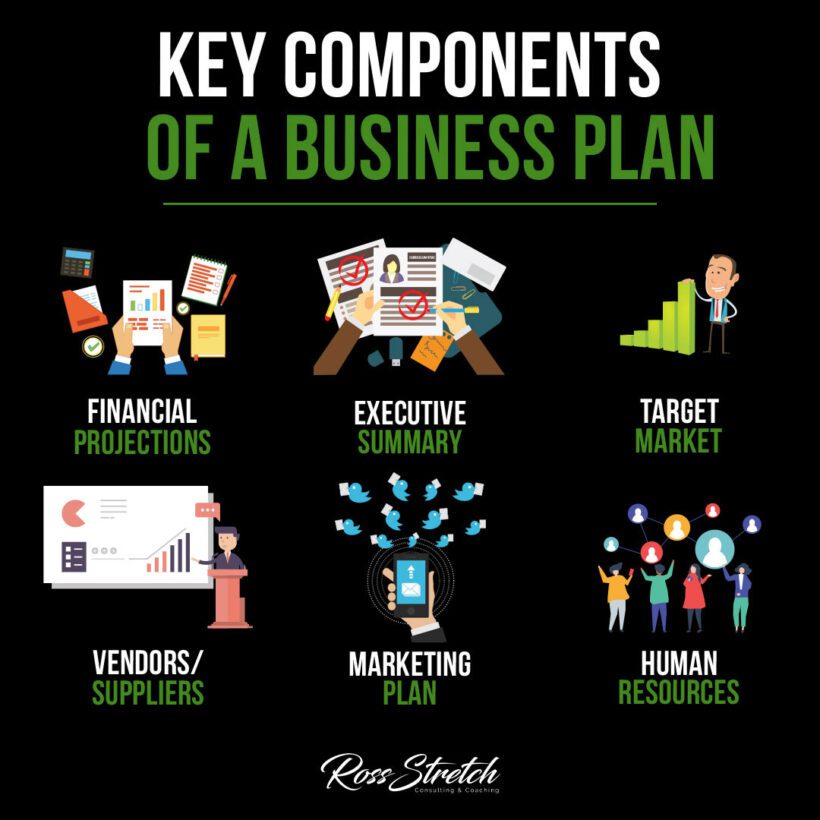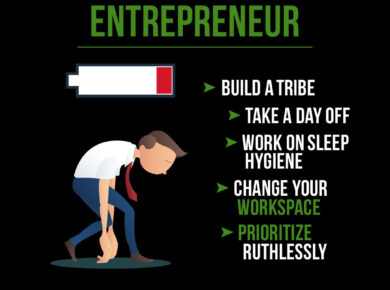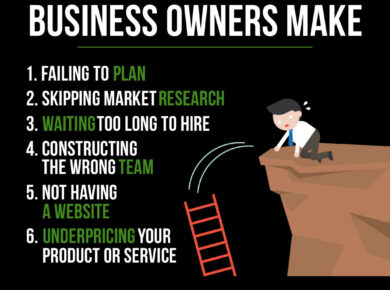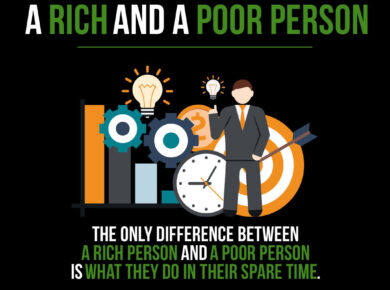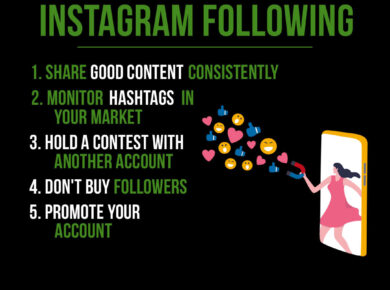A well-structured business plan is a critical tool for any entrepreneur. It serves as a roadmap that outlines your business’s goals, strategies, and the path to achieve them. This comprehensive guide will walk you through the key components that are crucial to any successful business plan.
The Blueprint of Success: Executive Summary
The executive summary is the opening chapter of your business plan. It provides a snapshot of your business, encapsulating your mission statement, proposed products or services, and a high-level overview of your plans to succeed in the market.
Presenting Your Business Vision
Craft a compelling executive summary that captures the essence of your business and its objectives. This section should be engaging and succinct, enticing readers to delve deeper into your plan.
Mapping Financial Futures: Financial Projections
Financial projections are the numerical backbone of your business plan. They provide a forecast of your revenue, expenses, and profitability over a set period.
Detailing Financial Strategies
Incorporate detailed spreadsheets that project your cash flow, income statements, and balance sheets. These projections should be based on sound assumptions and thorough market research.
Identifying Your Audience: Target Market
A clear understanding of your target market is essential. Define your ideal customers and the needs your business will fulfill.
The Demographics of Demand
Analyze and include demographics, market size, growth prospects, and trends. Understand who your customers are, what they value, and how you can serve them better than your competitors.
The Strategic Approach: Marketing Plan
Your marketing plan should outline how you intend to attract and retain customers. It details your brand positioning, marketing and sales strategies, and the channels you will use to reach your audience.
Crafting a Marketing Mix
Develop a marketing mix that aligns with your target market’s preferences. It should include your product’s price, placement, promotion, and people strategies.
The Human Element: Human Resources
Human resources are your company’s lifeblood. This section should outline your staffing needs, including the roles, responsibilities, and the expertise required to achieve your business goals.
Building Your Team
Describe your organizational structure and the culture you aim to foster. Include information on hiring, training, and how you will maintain a motivated workforce.
Supply Chain Dynamics: Vendors/Suppliers
Your choice of vendors and suppliers can significantly impact your operations. Detail the relationships and terms you have with the providers of your raw materials or services.
Securing Quality Supplies
Include how you will manage these relationships, ensure a steady supply chain, and what contingency plans you have in place for potential disruptions.
A business plan is not just a document; it’s a strategic tool that can help you anticipate challenges, secure funding, and guide your business towards long-term success. Use this framework to assemble a business plan that is comprehensive, realistic, and adaptable.
For more detailed guidance, resources such as the U.S. Small Business Administration offer templates and tools to help you craft a business plan. Books like “The Definitive Business Plan” by Richard Stutely provide in-depth advice on preparing persuasive business plans. Remember, a well-thought-out business plan can be the difference between a business that thrives and one that struggles.
